Dive into RNNs, the backbone of time series, understand their mathematics, implement them from scratch, and explore their applications.
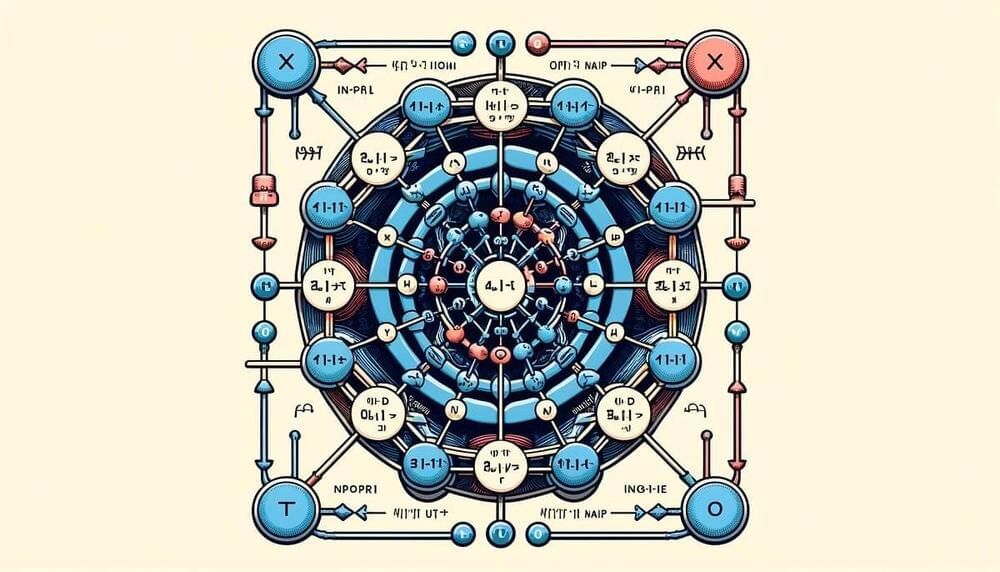

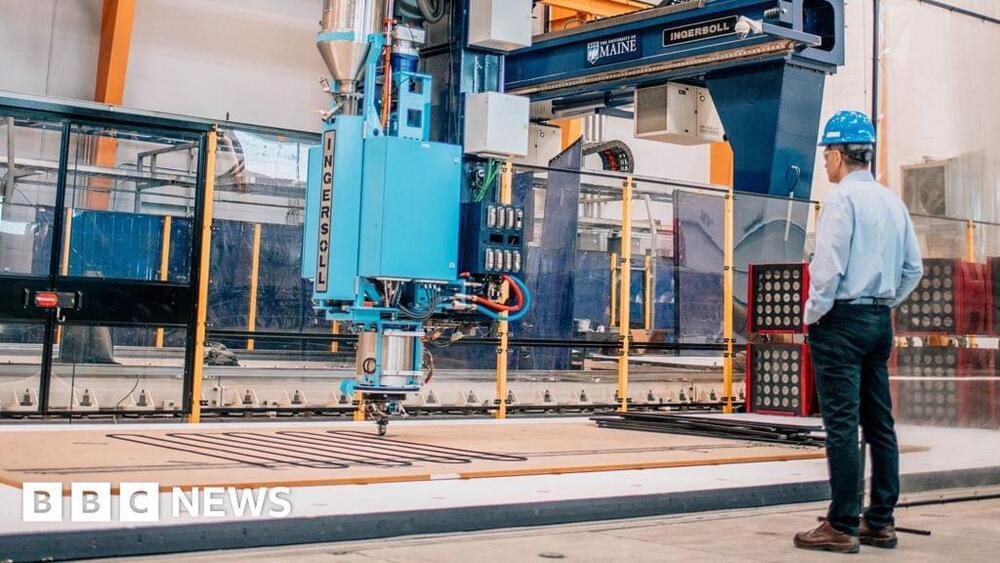
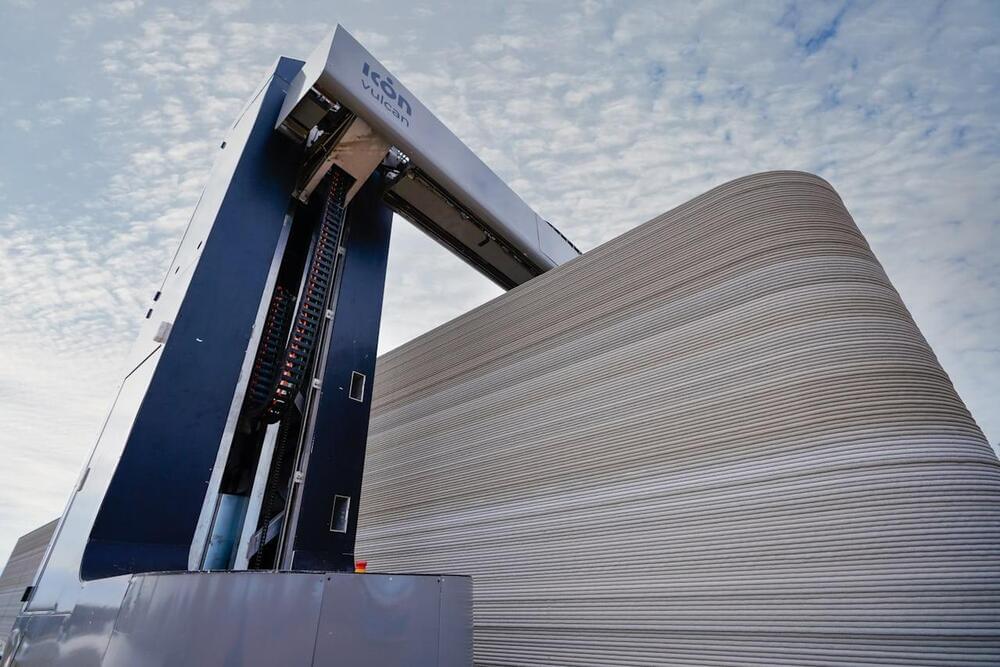
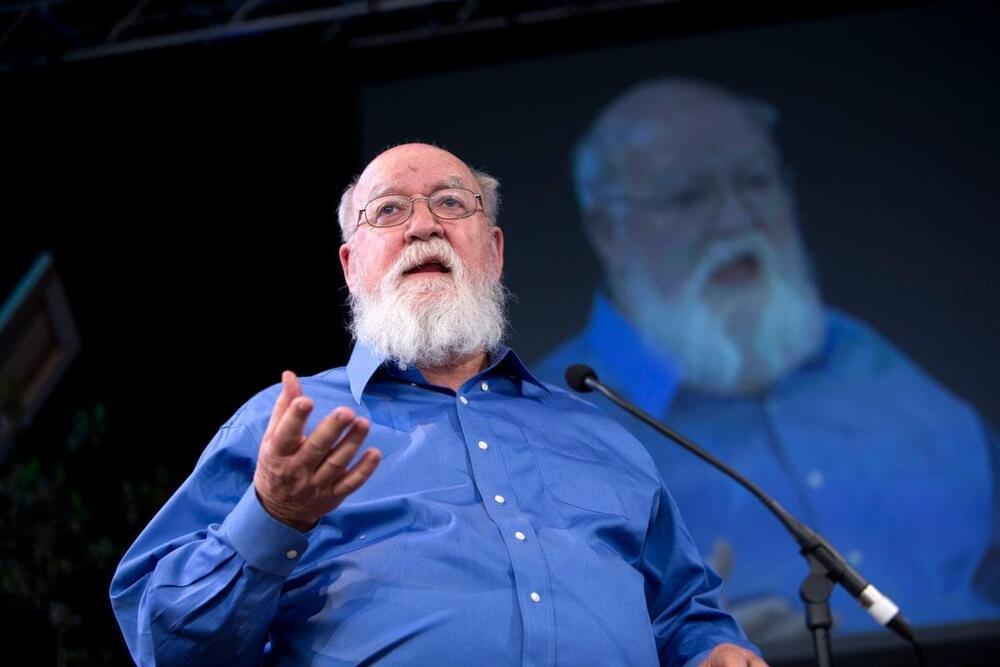
Is consciousness nothing more than an illusion? That idea defined the work of Daniel Dennett (1942–2024)
By John Horgan
Philosopher Daniel Dennett died a few days ago, on April 19. When he argued that we overrate consciousness, he demonstrated, paradoxically, how conscious he was, and he made his audience more conscious.

Generally, it’s advised not to compare apples to oranges. However, in the field of topology, a branch of mathematics, this comparison is necessary. Apples and oranges, it turns out, are said to be topologically the same since they both lack a hole – in contrast to doughnuts or coffee cups, for instance, which both have one (the handle in the case of the cup) and, hence, are topologically equal.
In a more abstract way, quantum systems in physics can also have a specific apple or doughnut topology, which manifests itself in the energy states and motion of particles. Researchers are very interested in such systems as their topology makes them robust against disorder and other disturbing influences, which are always present in natural physical systems.
Things get particularly interesting if, in addition, the particles in such a system interact, meaning that they attract or repel each other, like electrons in solids. Studying topology and interactions together in solids, however, is extremely difficult. A team of researchers at ETH led by Tilman Esslinger has now managed to detect topological effects in an artificial solid, in which the interactions can be switched on or off using magnetic fields. Their results, which have just been published in the scientific journal Science, could be used in quantum technologies in the future.
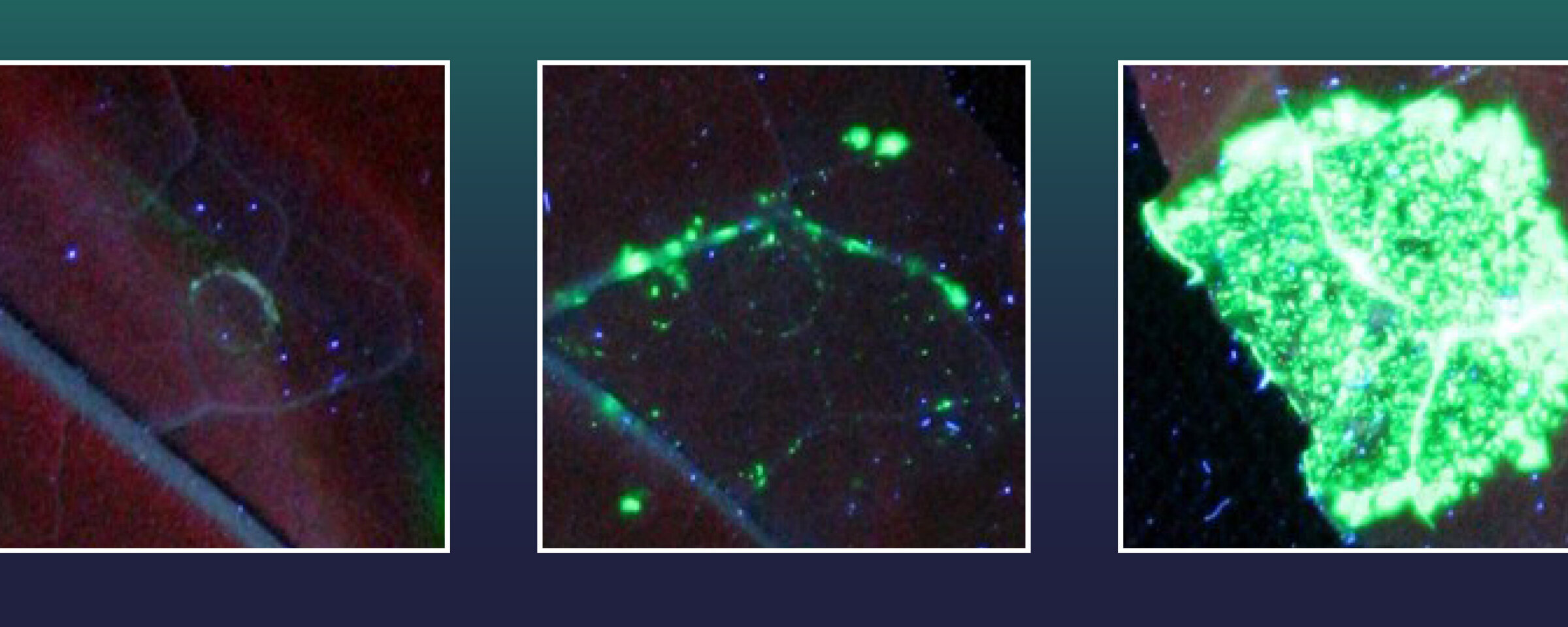
Scientists at the Leibniz Institute of Plant Biochemistry (IPB) have succeeded for the first time in stably and precisely inserting large gene segments into the DNA of higher plants very efficiently. To do this, they optimized the gene-editing method CRISPR/Cas, commonly known as “genetic scissors.”
The improved CRISPR method offers great opportunities for the targeted modification of genes in higher plants, both for breeding and research. The study, led by Prof. Alain Tissier and Dr. Tom Schreiber, has been published in Molecular Plant.
CRISPR/Cas is a method with enormous potential for the targeted modification of individual genes. However, this does not apply to all kinds of genetic modifications that breeders and scientists have on their wish lists. While the genetic scissors are ideal for knocking out genes, i.e., switching off or removing existing genes, they do not work well for precisely inserting genes or replacing gene segments. To date, genetic scissors have been too inefficient and therefore of little use for the targeted insertion of genes into the DNA of higher plants.

Researchers from the University of Cologne and the University of Würzburg have discovered through training studies that individuals can improve their ability to distinguish between familiar and unfamiliar words, enhancing reading efficiency. Recognizing words is necessary to understand the meaning of a text. When we read, we move our eyes very efficiently and quickly from word to word. This reading flow is interrupted when we encounter a word we do not know, a situation common when learning a new language.
The words of the new language might have yet to be comprehended in their entirety, and language-specific peculiarities in spelling still need to be internalized. The team of psychologists led by junior professor Dr. Benjamin Gagl from the University of Cologne’s Faculty of Human Sciences has now found a method to optimize this process.
The current research results were published in npj Science of Learning under the title ‘Investigating lexical categorization in reading based on joint diagnostic and training approaches for language learners’. Starting in May, follow-up studies extending the training program will be carried out within a project funded by the German Research Foundation (DFG).
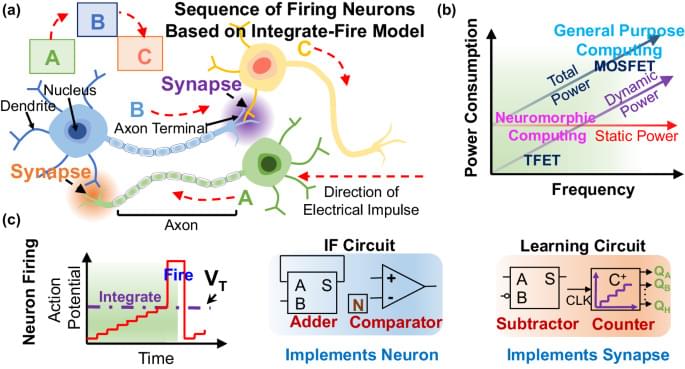
The dynamic characteristics of the inverters have been simulated by varying the inverter output (load) capacitance (COUT), connected to the inverter output across a 1000 nm long interconnect (assumed for simulations of the NM circuit, described in “NM circuit” subsection), from 1 aF to 1 fF. By evaluating the delay \(({t}_{{{{{{\rm{p}}}}}}})\) of the input-to-outpution, and the instantaneous current drawn from the supply during thision, the average power dissipation, and the energy-delay-product (EDP), is evaluated for both the 2D-TFET and the FinFET implementations. The higher delay of the 2D-TFET (due to its lower ON-current) translates to higher EDP, and the EDP metrics get worse as the load capacitance is further increased. In fact, as will be shown later, the main advantages of TFETs are in implementations of sparse switching circuits where its much lower OFF-current and small SS help in lowering the static power dissipation, thereby improving the overall performance.
Figure 2c shows an 11-stage ring oscillator, implemented considering both interconnect and device parasitics, and designed with minimum sized 2D-TFET and FinFET inverters. Figure 2 d, e compares the transient characteristics of the FinFET and the 2D-TFET ring oscillators, from which the frequency of oscillation is extracted to be 10 GHz and 57 MHz, respectively, corresponding to single-stage delays of 10 ps and 1.6 ns. The delay of the 2D-TFET ring oscillator is larger due to its lower ON-current. The effect of the enhanced Miller capacitance in creating large overshoots and undershoots of the output voltage in TFETs is also observed in Fig. 2e.
Static random-access memory (SRAMs), which occupy up to 70% of the processor area are the main memory elements in designing CPU cache memory offering fast memory access and can be used for synapse weight retention in a designed NM system comprising of several neurons. However, this large prevalence of SRAMs also results in a large power consumption. In fact, SRAM data access in Intel’s Loihi5 has been estimated to be more energy intensive than each neuronal spike, necessitating the development of low-power SRAM implementations. Although SRAM design with 2D-TFETs can improve the energy-efficiency, the standard SRAM design utilizes two access transistors for operation, which require bidirectional current flow, and are therefore, ill-suited for implementation with unidirectional-TFETs. This necessitates the development of a modified SRAM design, which either uses a pass transistor network of TFETs, or solitary 2D-FETs, for implementing the function of the access transistors (Fig. 2f–l).
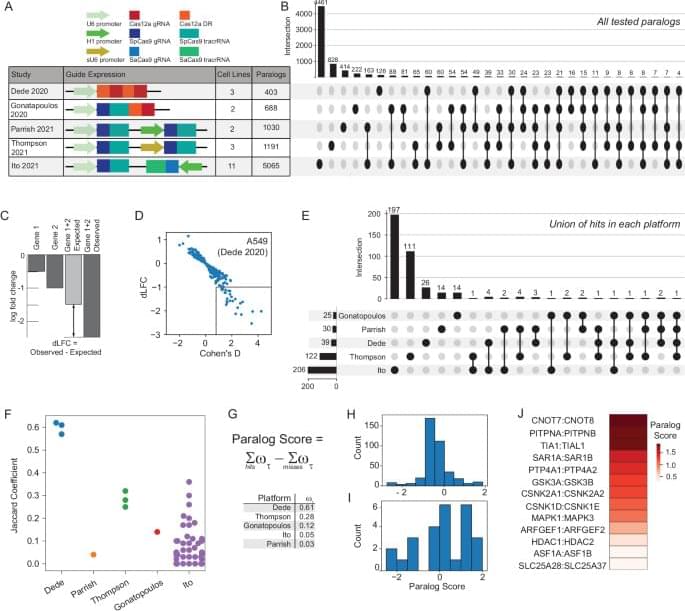
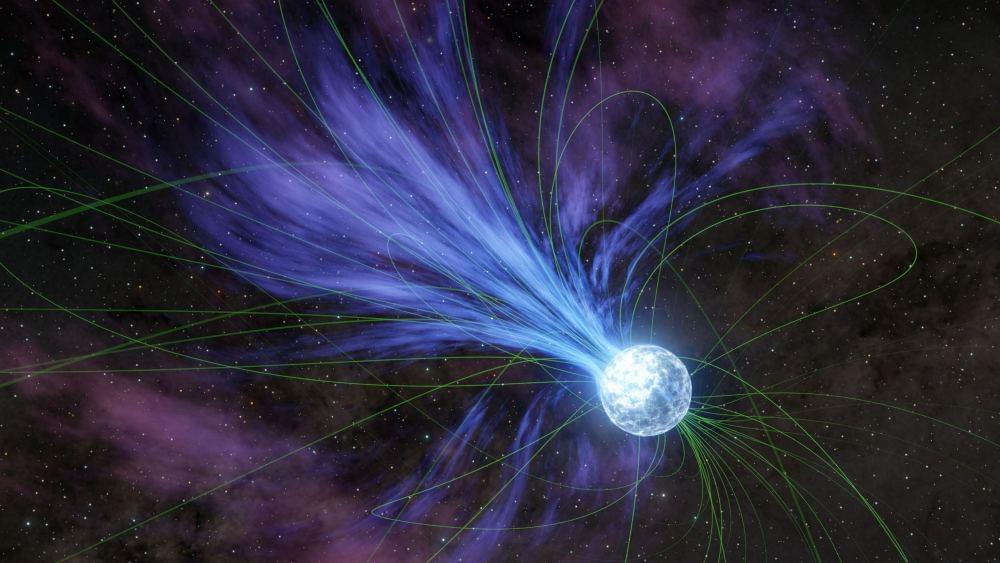
It turns out that such cannibalism cannot explain the missing pulsar problem, according to Caizzo. “We found that in our current model PBHs are not able to disrupt these objects but this is only considering our simplified model of 2 body interactions,” he said. It doesn’t rule out the existence of PHBs, only that in specific instances, such capture isn’t happening.
So, what’s left to examine? If there are PHBs in the cores and they’re merging, no one’s seen them yet. But, the center of the Galaxy is a busy place. A lot of bodies crowd the central parsecs. You have to calculate the effects of all those objects interacting in such a small space. That “many-body dynamics” problem has to account for other interactions, as well as the dynamics and capture of PBHs.
Astronomers looking to use PBH-neutron star mergers to explain the lack of pulsar observations in the core of the Galaxy will need to better understand both the proposed observations and the larger populations of pulsars. The team suggests that future observations of old neutron stars close to Sgr A could be very useful. They’d help set stronger limits on the number of PBHs in the core. In addition, it would be useful to get an idea of the masses of these PBHs, since those on the lower end (asteroid-mass types) could interact very differently.